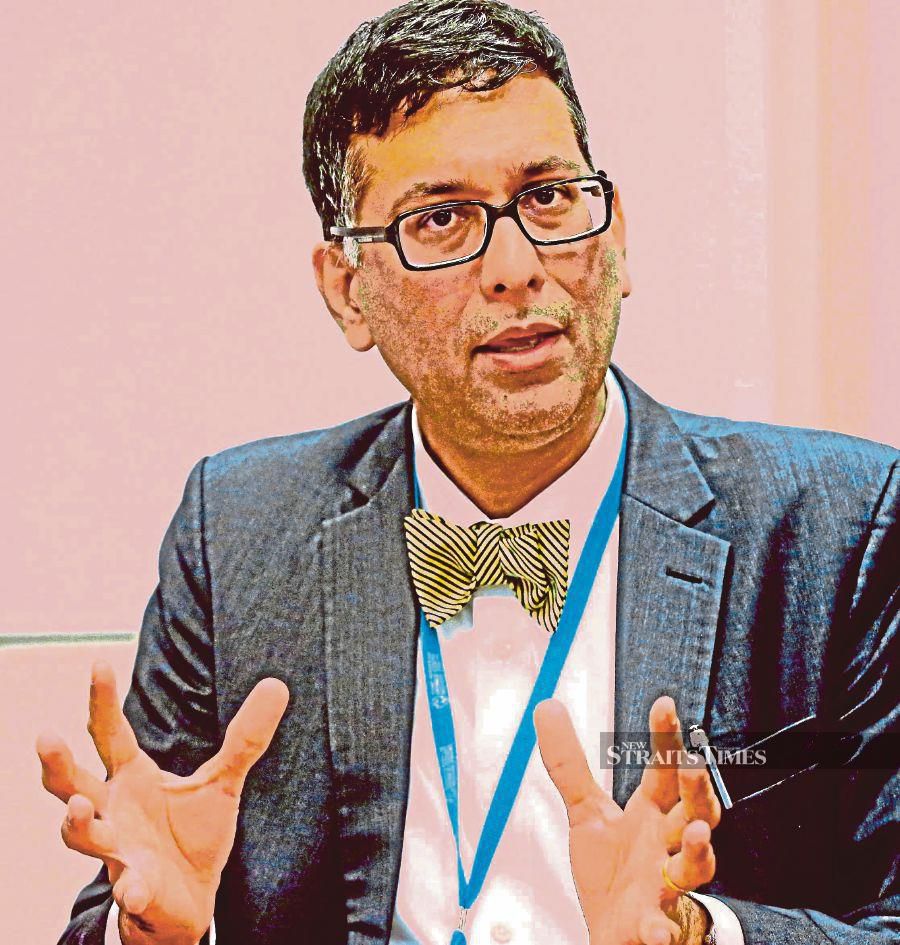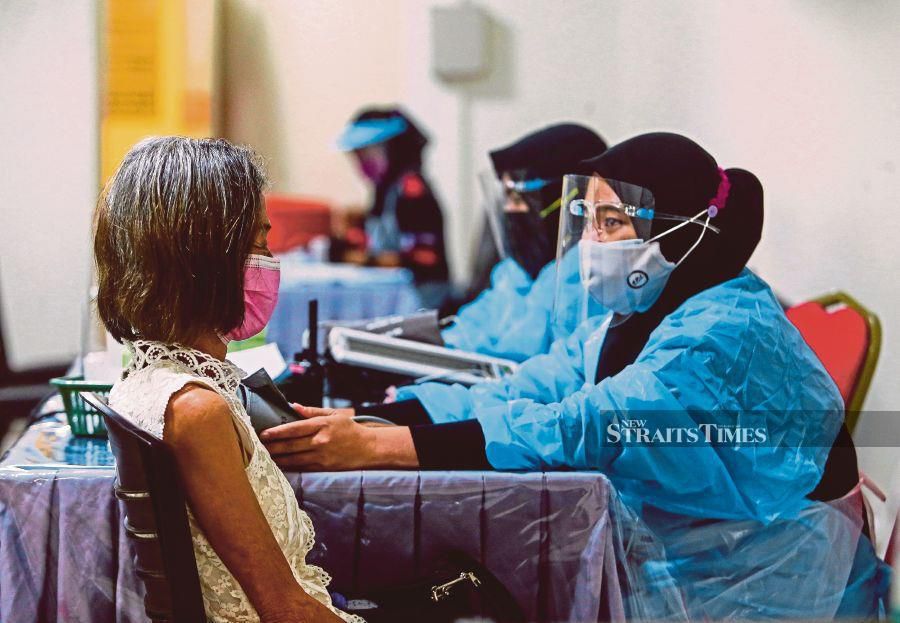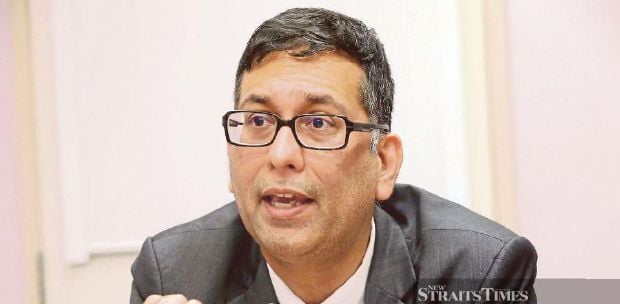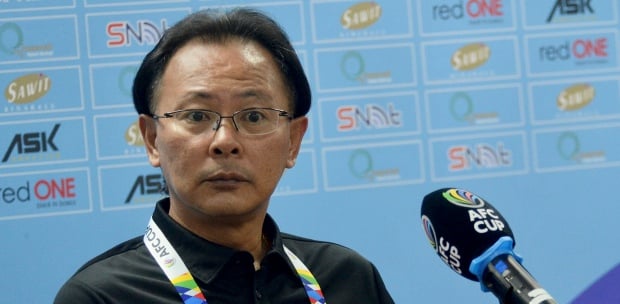Private hospitals, which are already offering medical fee discounts to Covid-19 patients, cannot bring it down further.
Association of Private Hospitals of Malaysia president Datuk Dr Kuljit Singh said such a move would not be feasible and sustainable for its members in the long run.
On top of slashing fees, Dr Kuljit said private hospitals were also shouldering additional costs of running internal Covid-19 vaccination centres and the fees for treating non-Covid-19 patients decanted from government hospitals.
Currently, most private hospitals were trying their best to cut the charges billed to their patients who were paying out of pocket as Covid-19 treatments were not covered by insurance, he added.

The cost of treating Covid-19 patients, he said, was similar to treating a pneumonia case and depending on its severity, it could possibly lead to admission to the intensive care unit (ICU).
"There are ICU costs to consider, equipment, medication, the human resources and we need to pay the salaries of those who are looking after the patient.
"If we start giving discounts and the charges are very high, then we are unable to sustain.
"So it is impossible and difficult for us to keep reducing the cost," he told the New Straits Times.
Dr Kuljit said private hospitals were currently assisting the government to treat non-Covid-19 patients referred to them at a limited ceiling price where close to 200 people had received medical treatment.
Despite the absence of a formal contract inked between both parties, Dr Kuljit said they continued to play their part by treating the decanted patients with no questions asked, as long as they were non-Covid-19 patients.
"But if a treatment goes above the ceiling price, we cannot charge the patient. So we might end up losing, but we will wait for whatever payment that we will get in due course as promised by the government.
"On top of that, the government pays us a small amount to cover the cost of the internal PPVs. It is insufficient, but we will, nevertheless, absorb the extra costs. The same goes when people complain about the high charges of Covid-19 tests.
"So we are not making any profit. If anything, we are unsure if we can cover the costs or not. We suspect we would end up having losses as well.
"From the private hospitals' perspective, we are losing out financially in many other areas but we do not mind absorbing the additional costs."
Dr Kuljit said many Covid-19 patients who could afford private healthcare had to be turned away by private hospitals due to the lack of beds, especially for facilities in the Klang Valley.
He said this was because their facilities had hit full occupancy, on top of a long waiting list for admissions.
Some patients, he said, had been allocated beds in government hospitals' Covid-19 Intensive Care Units (ICU) and wards but preferred to be treated at private facilities.
"We simply do not have the beds, whether in the Covid-19 ward or the ICUs. Patients have the money but we do not have a place to house them as we have limitations on the number of patients we can take in."
He said private hospitals did not have as much manpower as government hospitals and therefore, were not able to keep increasing Covid-19 patients in the ICU and wards as round-the-clock monitoring was required.
"This is especially in the ICU. You need a houseman, medical officers and others to monitor patients. In a private hospital, there are only a few specialists that can take Covid-19 cases. It would be internal medicine specialists and sometimes respiratory physicians, as the virus would normally attack the lungs.
"We cannot expect a few of them to take up a huge load of patients. It is not possible because we do not have the help and we are restricted.
"There comes a time when the Covid-19 wards and ICU are full and every hospital will stop admission for the patient's safety and outcome."
Dr Kuljit said they assisted the Covid-19 patients who had been turned away from private hospitals by searching for a space within their network of private and government hospitals.
"We try our best to help our patients look for a bed somewhere, but it is usually not easy," he said.
Back in January, Dr Kuljit said the government allowed private hospitals to accept Covid-19 patients who were willing to pay in a bid to ease the load on the government hospitals healthcare system.
Despite the constraints, Dr Kuljit described the collaboration, where private hospitals cared for decanted non-Covid-19 patients while the government focused on Covid-19 patients, as the best solution.
He said they were committed to assisting the government as much as they could based on their respective capacity and capability.
He stressed that private hospitals were unable to expand once they hit the limit due to design and space, unlike their government counterparts.
"Private hospitals have single, two bedded rooms. We do not have huge, open general wards that can house 40 to 60 patients like in government hospitals. Moreover, private hospitals are not designed to face pandemics.
"We cannot take in patients when our infrastructure does not allow it. Covid-19 is a highly infectious disease and it will spread like wildfire if we do not have the correct infrastructure in place."





